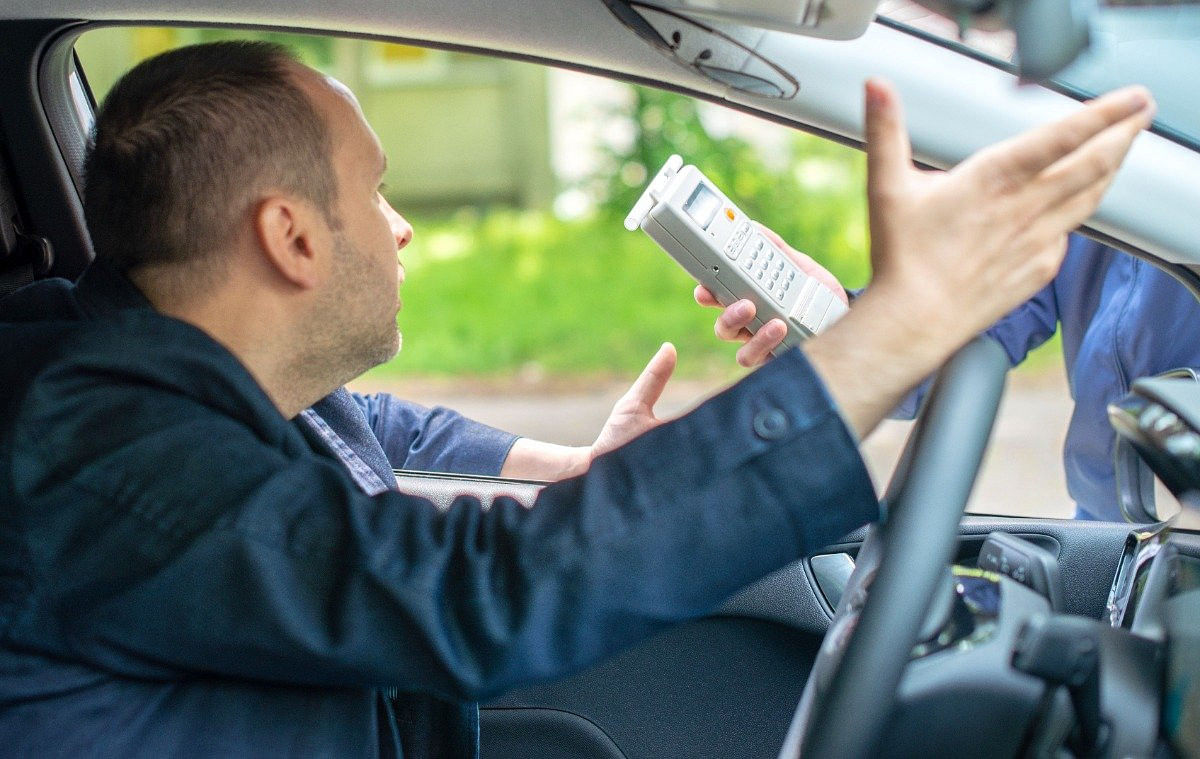Are DWI Checkpoints Legal in Texas?
Driving under the influence of intoxicants remains a significant concern for both the authorities and citizens alike. Many states, including Texas, have adopted measures such as DWI checkpoints to combat this issue. Yet, there's a looming question for many Texan drivers: Are DWI checkpoints legal in Texas? Denuna Law presents information relevant to the laws, history, and controversies surrounding DWI checkpoints in the Lone Star state and how you can best protect your rights if you’ve been charged with a DWI.

A Brief Overview of DWI Checkpoints
DWI checkpoints, also known as sobriety checkpoints, are roadblocks set up by law enforcement officers to check drivers for signs of alcohol or drug impairment. These checkpoints are typically established in areas known for high rates of alcohol-related accidents or on days when alcohol consumption is anticipated to be high, such as holidays.
The Constitutionality Debate
In the U.S., the Fourth Amendment protects citizens from unreasonable searches and seizures. This has been the crux of many arguments against the legality of DWI checkpoints. In 1990, the U.S. Supreme Court ruled in Michigan Dept. of State Police v. Sitz that sobriety checkpoints are constitutionally permissible, deeming the public interest in curbing drunk driving substantial enough to warrant the brief intrusion of sobriety checkpoints.
However, states have the freedom to impose stricter standards. This brings us to Texas.
DWI Checkpoints in Texas: The Verdict
Texas does not conduct DWI checkpoints. Although the U.S. Supreme Court gave the green light for such operations, Texas has chosen a different path. State courts in Texas have generally found these checkpoints to violate the Texas Constitution, which offers stronger protection against searches and seizures than the U.S. Constitution.
Several reasons contribute to this stance:
1) Legal Precedence: Texas courts emphasize the need for individual suspicion before stopping and questioning a driver. This is in contrast to checkpoints where drivers are stopped without specific suspicion.
2) Public Opinion: A significant number of Texans have voiced concerns about the potential for abuse and the infringement of individual liberties.
3) Alternative Methods: Texas law enforcement relies heavily on other tactics to combat drunk driving, such as the "no refusal" weekends where officers quickly obtain warrants for blood tests if they suspect someone is driving while intoxicated.
What This Means for Texas Drivers
While you won't encounter a DWI checkpoint in Texas, it's crucial to remember that officers can and will pull you over if they observe driving behaviors indicative of impairment, such as swerving or erratic braking. Being informed about the state's stance on DWI checkpoints can help you navigate conversations and situations with law enforcement, should you ever be stopped.
Denuna Law Defends Your Rights
Navigating the legal waters surrounding getting charged with a DWI in Texas can be complex. Though Texas does not currently employ DWI checkpoints, it's always essential to drive responsibly and be aware of your rights as a citizen. If you or a loved one ever face a DWI-related incident or have legal questions, it's imperative to consult with an expert like Christ Denuna for top-rated legal defense. Contact our offices today via phone or email and protect your rights as a citizen!
Experienced DWI
Defense Lawyer
If you have a case and want an attorney who will instill fear in the prosecution and DA, call or message Chris today!


